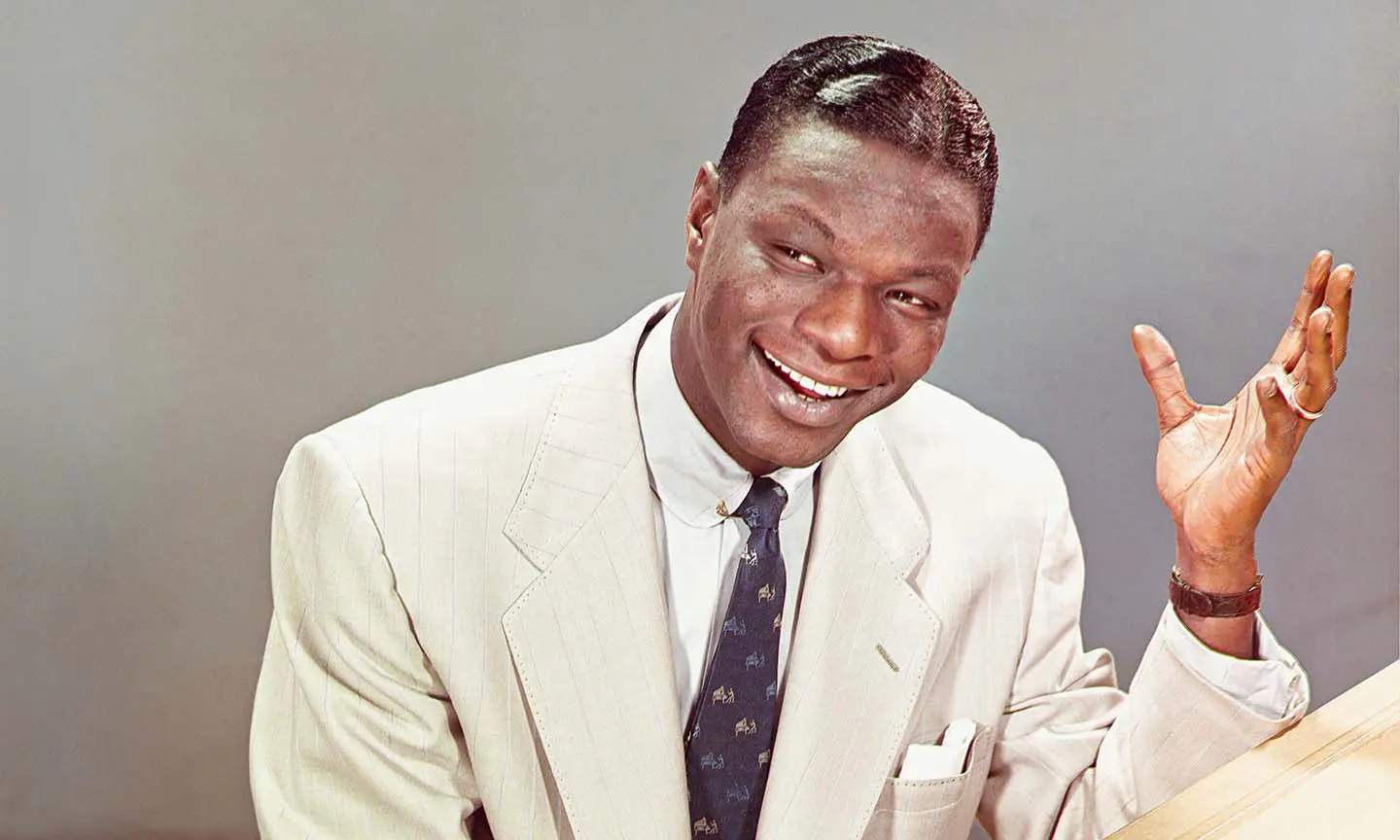Nat King Cole: A Musical Overview and Legacy
Introduction
Nat King Cole (born Nathaniel Adams Coles, March 17, 1919 – February 15, 1965) was an American jazz pianist and vocalist who became one of the most iconic figures in 20th-century music. His smooth baritone voice, impeccable phrasing, and warm, charismatic style established him as a pioneer and global sensation. His contributions to music and culture extended far beyond his era, shaping the trajectory of multiple genres and opening doors for African American artists in mainstream entertainment.
Early Life and Musical Beginnings
Born in Montgomery, Alabama, and raised in Chicago, Illinois, Cole was immersed in music from a young age. His mother, Perlina Coles, was a church organist, and he began formal piano lessons at age four. Influenced by jazz greats such as Earl Hines, Cole formed his first jazz trio in 1937, which became the renowned Nat King Cole Trio. The group revolutionized jazz by emphasizing the piano-guitar-bass format, setting the stage for later small ensemble styles.
Musical Achievements
Transition to Vocal Stardom
While initially celebrated as a jazz pianist, Cole’s vocal performances soon gained widespread acclaim. His breakthrough came with the 1943 hit “Straighten Up and Fly Right,” based on a folk tale his father used in sermons. The song’s commercial success paved the way for his transition into a celebrated pop vocalist.
Iconic Hits
Some of Cole’s most famous songs include:
- “Unforgettable”
- “Mona Lisa” (Academy Award for Best Original Song, 1950)
- “Nature Boy”
- “The Christmas Song (Chestnuts Roasting on an Open Fire)”
Cole’s repertoire spanned jazz, pop, and traditional American standards, showcasing his versatility and universal appeal.
Cultural and Social Impact
Breaking Racial Barriers
- First African American Television Host: Cole made history with The Nat King Cole Show (1956–1957), a groundbreaking variety show that aired on NBC. Despite its short run due to lack of national sponsorship, it marked a significant moment in the fight against racial segregation in media.
- Integration of Music Audiences: In an era of racial tension, Cole’s music bridged cultural divides, attracting both Black and white audiences. His elegant demeanor and polished performances challenged stereotypes and redefined public perceptions of African American entertainers.
Global Influence
Cole became one of the first African American artists to achieve international fame, touring extensively in Europe, Asia, and Latin America. His Spanish-language album Cole Español (1958) demonstrated his linguistic adaptability and expanded his reach into Latin markets.
Legacy
Nat King Cole’s influence resonates in contemporary music and culture. His daughter, Natalie Cole, carried on his legacy with her own successful career, notably performing a posthumous duet of “Unforgettable” with her father’s original recording in 1991. Artists across genres cite him as an inspiration for his artistry, innovation, and resilience.
Honors and Recognition
- Inducted into the Rock and Roll Hall of Fame (2000) as an early influence.
- Grammy Lifetime Achievement Award (posthumous).
- Numerous streets, schools, and public landmarks named in his honor, reflecting his enduring impact.
Official YouTube channel of Nat King Cole:
https://www.youtube.com/channel/UCjP351k141Rq881npFWU2-g
References
- Friedwald, W. (1990). Jazz Singing: America’s Great Voices from Bessie Smith to Bebop and Beyond. New York: Da Capo Press.
- Gourse, L. (1991). Unforgettable: The Life and Mystique of Nat King Cole. St. Martin’s Press.
- Rock and Roll Hall of Fame. “Nat King Cole Biography.” Rockhall.com
- NPR Music. “The Legacy of Nat King Cole.” NPR.org


Leave a Reply